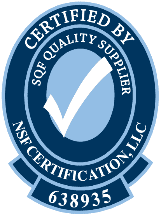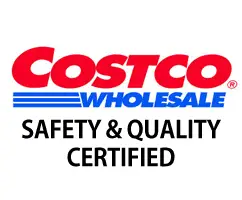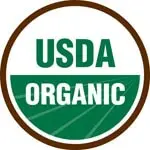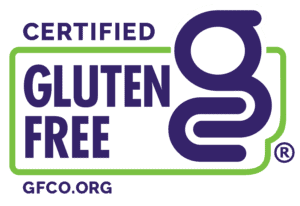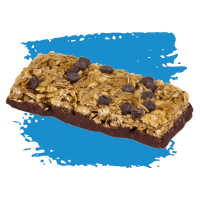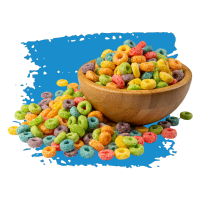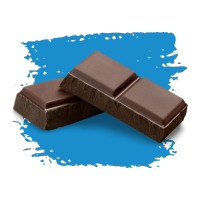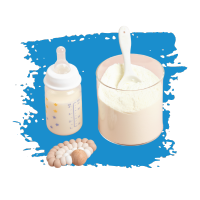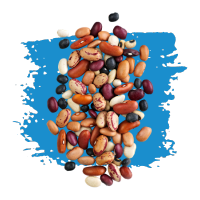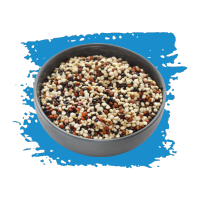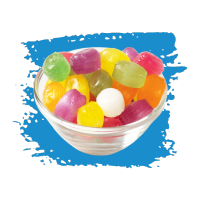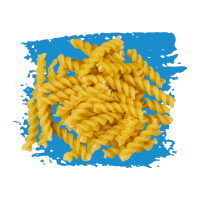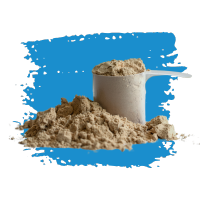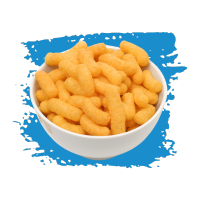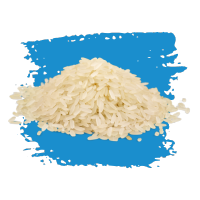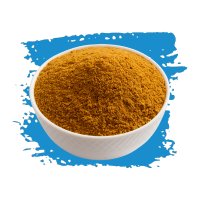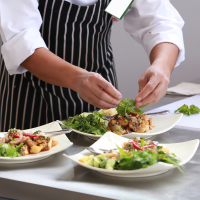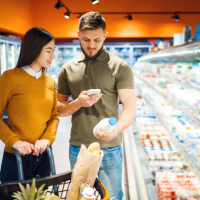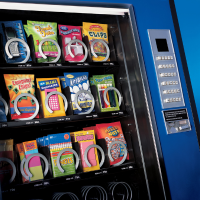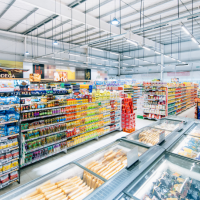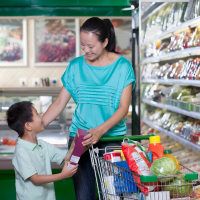Your Source for Contract Food Packaging
Wrapping | Pouching | Bagging | Cartoning | Co-Manufacturing | Procurement
High-Volume Co-Packing Services
APPROVED BY:
Recognized by the Global Food Safety Initiative (GFSI), the Safe Quality Food (SQF) certification incorporates a rigorous food safety risk management system. SQF Level 3 includes both food safety and quality management requirements and is the most demanding of all the available systems.
The Food and Drug Administration (FDA) oversees all food manufacturing and processing plants (with the exception of animal products) and develops the laws, rules, and regulations for American food safety. We adhere to FDA regulations in all of our manufacturing plants.
Costco is just one of the customers with whom Econo-Pak is independently audited and certified. Any site that produces a product directly for Costco Wholesale Corp. or one of their buyers must first be approved through this audit process.
The U.S. government maintains strict standards on what constitutes organic crops, products, and byproducts. In order for a product to be sold, labeled, or represented as organic, all of its production and handling must be appropriately certified.
Responsible gluten management is essential for consumer safety and well-being, especially for those with Celiac disease and gluten sensitivity. Our gluten-free certification involves thorough food assessments, food and ingredient list management, and strict labeling practices.
The OU, or Orthodox Union, was founded in 1924 as the first independent American kosher certification agency. We’re proud to work with them to provide products labeled with the hechsher symbol for Jewish communities and beyond.
Econo-Pak is committed to our sustainability initiative for our people and for the planet. We are Sedex certified to maintain full transparency about our ethical and sustainability measures.
You focus on the product. We'll do the co-packing.
Our Dry Food Capabilities
We work with all dry foods, including (but not limited to!) the following categories:
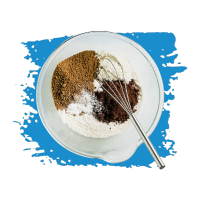

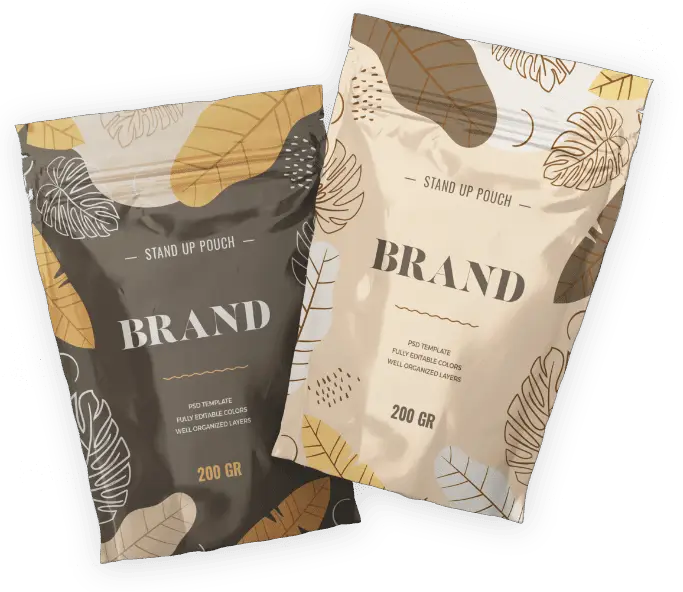
SET THE BUDGET
Econo-Pak operates on a fixed-price model so you know exactly what you’re going to spend throughout the project.
GET PEACE OF MIND
Our food safety certifications and 50+ quality personnel ensure your product is kept in the right condition.
KNOW YOUR STATS
With daily, weekly, and monthly production insights, you never have to worry about being left in the dark.
SCALE YOUR BUSINESS
We invest in high-end machinery so when demand is at your doorstep, we can scale our co-packing operations to meet it.
Industries Served
Expert co-packing solutions to enhance your online product offerings and customer satisfaction.
Providing diverse, high-quality co-packing options to meet the dynamic needs of food service providers.
Specialized in bulk co-packing services, ensuring club stores offer value-packed products to members.
Custom co-packing solutions to elevate the in-flight snacking experience with convenience.
Innovative co-packing services for vending machines, offering appealing snack options.
Offering supermarkets co-packing services that ensure a diverse, fresh, and attractive product range.
Specializing in co-packing a variety of grab-and-go products perfect for convenience store shelves.
Efficient co-packing services providing dollar stores with cost-effective product assortments.
Delivering co-packing solutions for pharmacies, aligning with health and wellness product demands.
Work with Co-Packing Experts
With over 40 years of experience with small businesses, Fortune 500 companies, and everything in between, Econo-Pak can help with your high-volume food packaging project.

Check out our podcast!
From co-packing specifics to industry trends, our team discusses relevant topics on The Contract Food Packaging Podcast.
